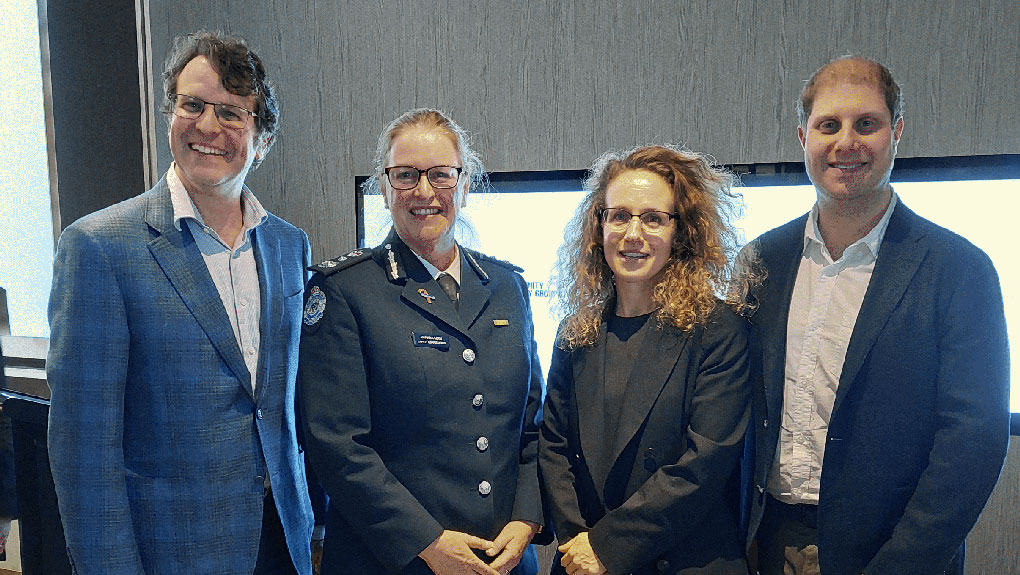What emerged from that was the Jewish Emergency Management Plan (JEMP).
The JEMP committee and volunteers served our community well for over 20 years. That mechanism has now transitioned, under the governance of CSG Victoria, to be Jewish Community Crisis Management (JCCM).
JCCM is professionally supported, working in partnership with the Jewish Community Council of Victoria (JCCV), to prepare our community in the event of a crisis.
It was officially launched at a community event last Thursday, attended by Emergency Management Victoria Deputy Commissioner Amanda Leck and representatives of other emergency services. Also present were representatives from schools, synagogues, youth movements and other organisations from across the Jewish community.
“The JCCM is for all of our community, organisations big and small, from our youth movements to our aged care providers,” Daniel Aghion KC, President of the JCCV, said.
“It provides a comprehensive structure and plan that has been expertly put together, in consultation with crisis and emergency experts, for our community to use if there is a major event that threatens harm or harms Victorian Jews.”
There are two objectives to JCCM. One sees CSG Victoria working with Jewish organisations to build individual crisis management capability, through the creation of comprehensive crisis management plans and extensive leadership training. The second is to empower and facilitate whole of community capability in response, relief, and recovery, through the Victorian Jewish Community Crisis Management Plan.
“JCCM is the bringing together of people and organisations. When a crisis impacts multiple groups in our community, the plan will give us a pathway to provide a professional, unified and collaborative response, to use existing expertise and resources to maximise efficiency and make sure no one is left behind,” Yael Steel, CSG Victoria Head of Crisis and Emergency, said.
Deputy Commissioner Leck welcomed the JCCM, noting that communities and individuals around Victoria are encouraged to get together and plan for emergencies or crises. She shared the example of the Resilient Rochester Project, which was formed in the aftermath of the 2011 floods and was able to quickly swing into action to help with rescue and recovery following the 2022 floods in the same town.
“One of the fundamental pillars of JCCM is empowerment. And we believe in empowerment through preparation and action. Our community has a history of self-reliance,” added Steel. “It is the undercurrent of the success for migrant communities, including ours. Community crisis requires a community response. JCCM will continue this positive history.”


